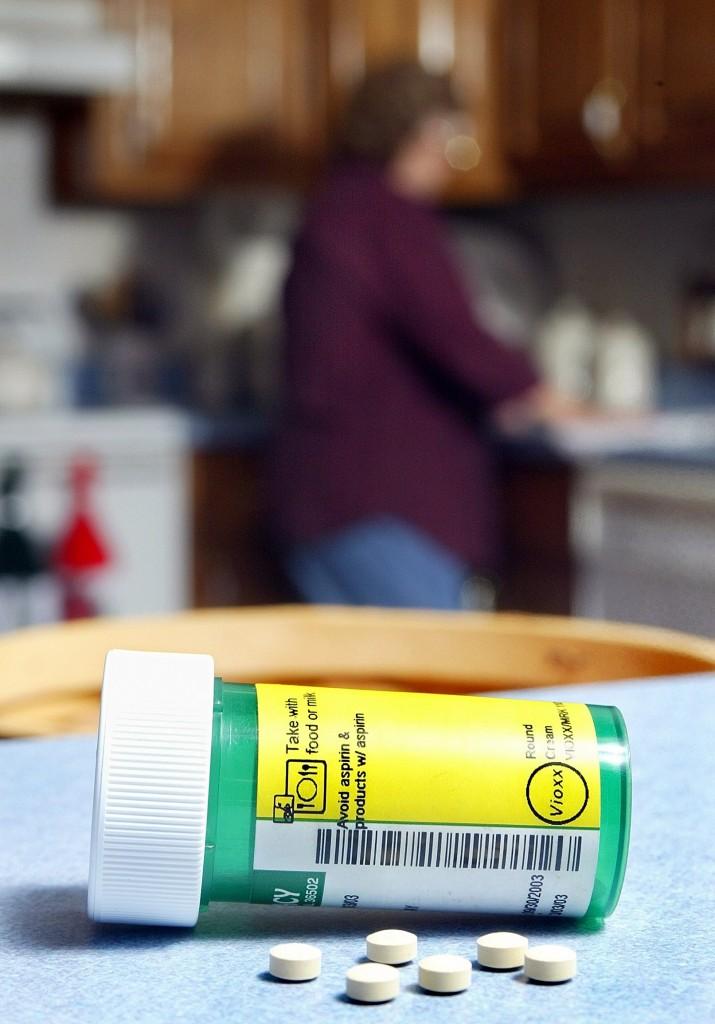The Kirkwood Call asked four students to tell a personal story. As they step out of their comfort zones, we hear about the depression, anxiety, injuries and struggles.
Sophia Matthews, sophomore
Sitting on the white couch in fishnet stockings, bright red lipstick and a midnight black hat, Sophia Matthews, sophomore, counts out loud how many pills she takes each night. Twenty five milligrams of Amitriptyline with two pills a night to ease nerve pain, 90 milligrams of Cymbalta in the morning, two Aleve in the morning and night, 25 milligrams of Valium to relieve muscle spasms, 50 milligrams of Opana for pain relief, 25 milligrams of MS Contin (otherwise known as Morphine), 50 milligrams of Vicodin, two if needed. Matthews is a walking pharmacy, choosing every day how to ease her pain from the shelf. No matter what combination of prescribed medicine Matthews uses to lock up the pain, she always takes her vitamins and herbs to keep her immune system balanced. Matthews has two herniated discs in her back. Not only does she have to hide the pain during school, but the pills sometimes make her loopy.
“It is like you are in a dream 24/7,” Matthews said. “You are not aware of yourself. It is like you are in a fog.”
Marching in the band forces her to pivot a lot, which sometimes causes the disc to pinch a nerve. Then, her heart stops and she freezes.
“It hits like a ton of bricks, and it does not go away,” Matthews said.
On some nights, Matthews stays up sobbing, nestled in her sheets asking why she is a victim of so much pain. Her mom sits close comforting her with soothing words.
“She kept me sane even when I wasn’t,” Matthews said.
After missing more than 121 classes because of her injury, Matthews now forces her pain away to make it through the school day.
Kelly Davis, sophomore
Kelly Davis, sophomore, sits in the middle of class during first hour Geometry. Her mind wanders as Dan Wojtow, math teacher, talks. Goosebumps travel up and down her body, and she shakes for five minutes straight. Davis asks to leave to go to the restroom, not hinting to anyone that she just had another panic attack. Until she moved to the back row, not being able to leave the classroom made her feel trapped. Being closer to the door makes her feel like she can escape more easily, if necessary.
“I knew I was by the door, and I could get out fast if I wanted to,” Davis said.
She takes liquid Lexapro every night, which is an anti-anxiety and anit-depressant medicine to ease her days, but also goes to stress group meetings on Thursdays with Tom Gaither-Ganim, guidance counselor, and Rachel Cosic, tenth grade counselor.
“It is a break in the day I know I can depend on,” Davis said.
Jake Bennett, junior
“You’re not trying hard enough,” mother of Jake Bennett, junior, says as he turns away from her voice. Silently he walks down the steps to avoid a fight, bangs on the drums for a half hour, goes for a long run and takes a relaxing shower.
“[The yelling] makes me feel unappreciated, like the the work I do isn’t good enough,” Bennett said. At home he and his parents constantly fight about grades and his future at college.
“I’m really stressed because I don’t have a direction beyond high school,” Bennett said.
Not only is he stressed about school, but he is also upset because although he has a close-knit group of friends, Bennett sees KHS as full of cliques and people who do not act like themselves.
“I don’t fit in here,” Bennett said. “It’s high school. You’re not really supposed to like high school.”
Tim Cassidy, sophomore
“Upwards Over the Mountain” by Iron and Wine plays in sophomore Tim Cassidy’s ears as he walks down the hallway attempting to distract himself from another bad day. Cassidy is diagnosed with Obsessive Compulsive Disorder (OCD), depression, anxiety and Crohn’s disease which causes his intestines to function improperly, requiring a hospital visit every eight weeks. Recently, he began taking one Prozac to treat the depression. Previously Cassidy consumed two Asacol in the morning and two at night to treat the colon, three Prednisone in the morning and two at night to treat low levels of a chemical that releases in the body, one Ferrous sulfate at night to treat iron deficiency, two Prozac in the morning, and one vitamin in the morning and night. For him, being happy is an everyday struggle.
“I have friends and I have family, but sometimes I guess that’s not enough,” Cassidy said. “I try to surround myself with as much happiness as I can.”
Cassidy’s dad also struggles with depression and anxiety, making home a place that is not always easy to handle.
“It’s a never-ending cycle,” Cassidy said.
Last year, Cassidy attempted to stop taking Prozac but soon discovered he could not live without.
“It is a part of what I live [with] every day,” Cassidy said. “We all get depressed sometimes. I just take it to an extreme.”










